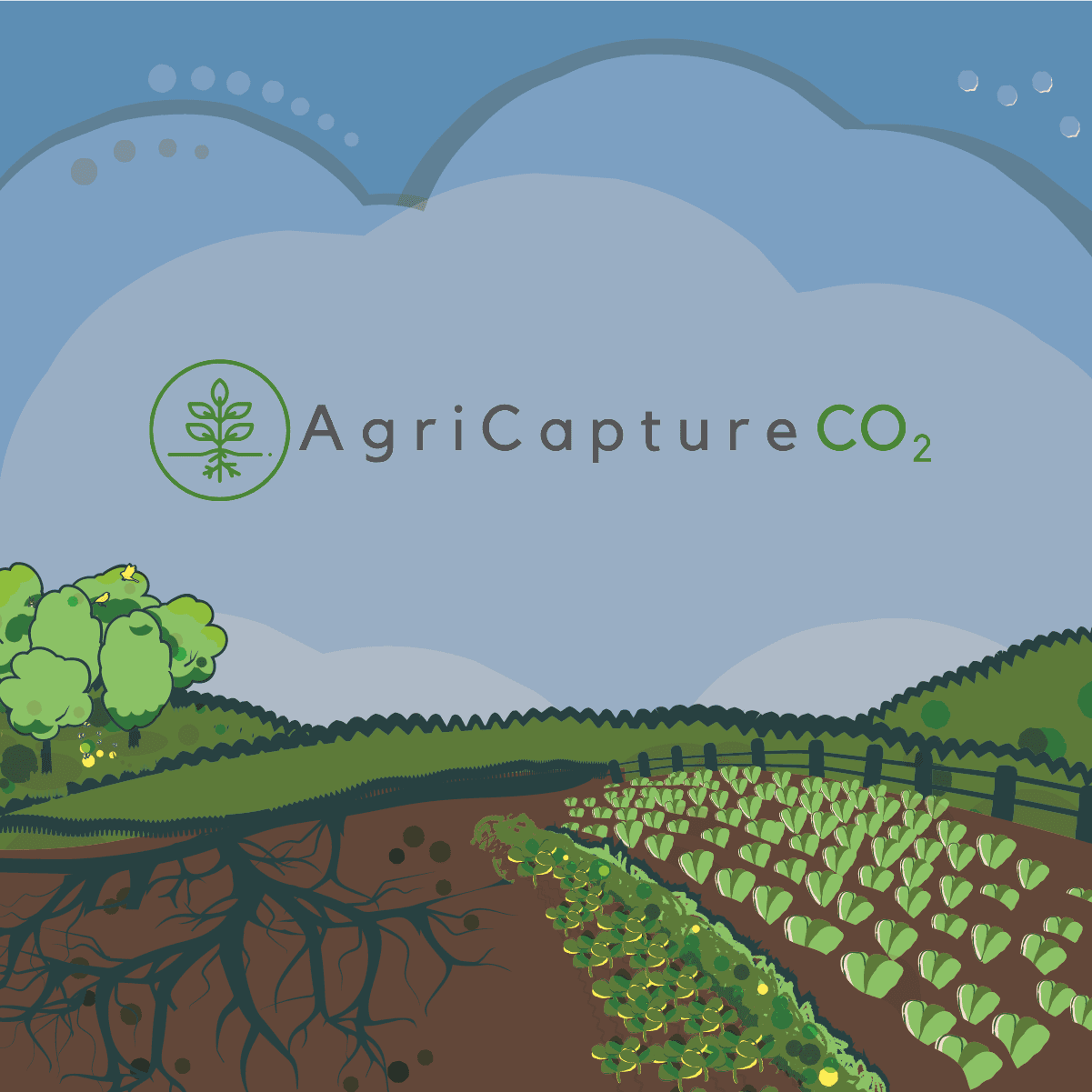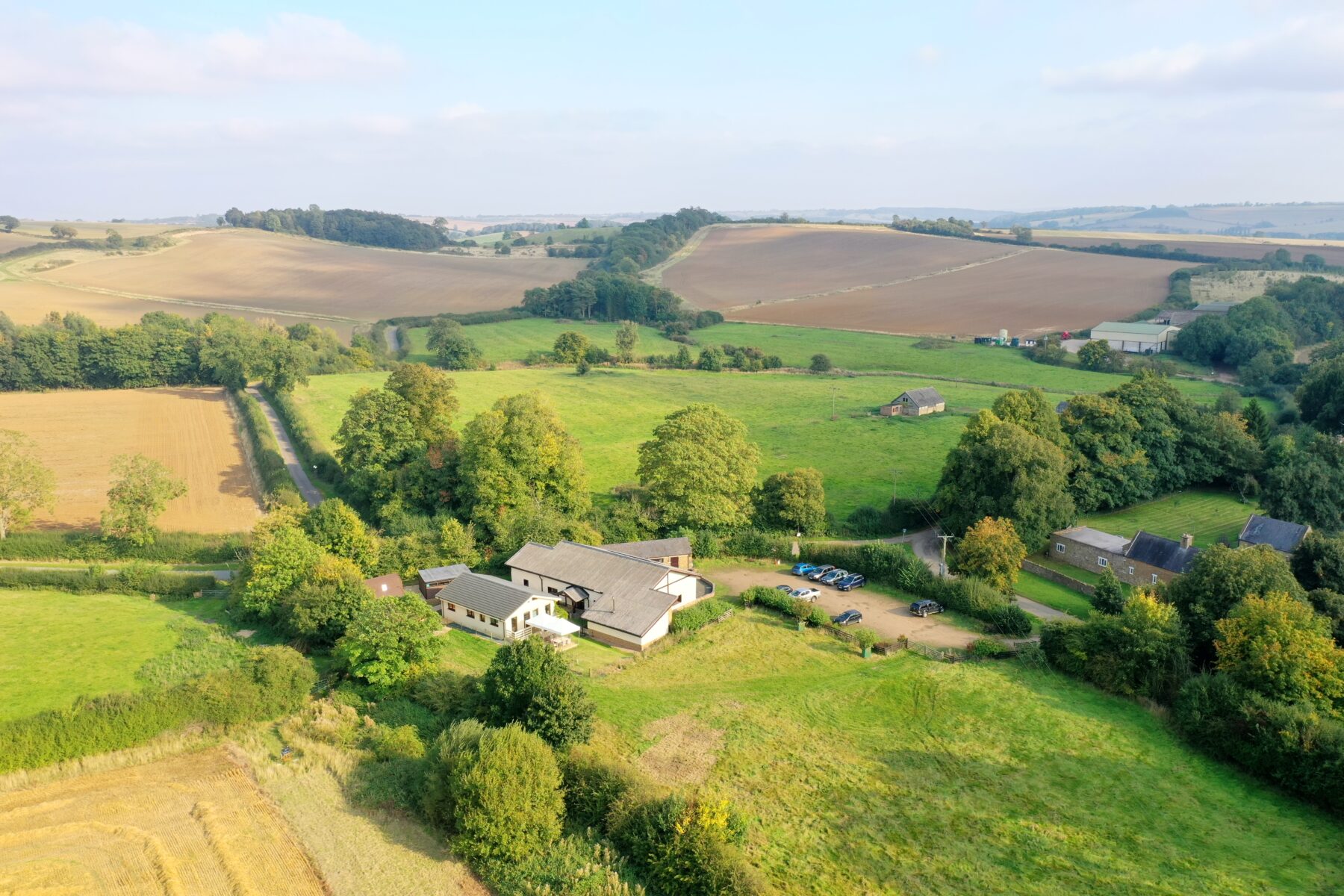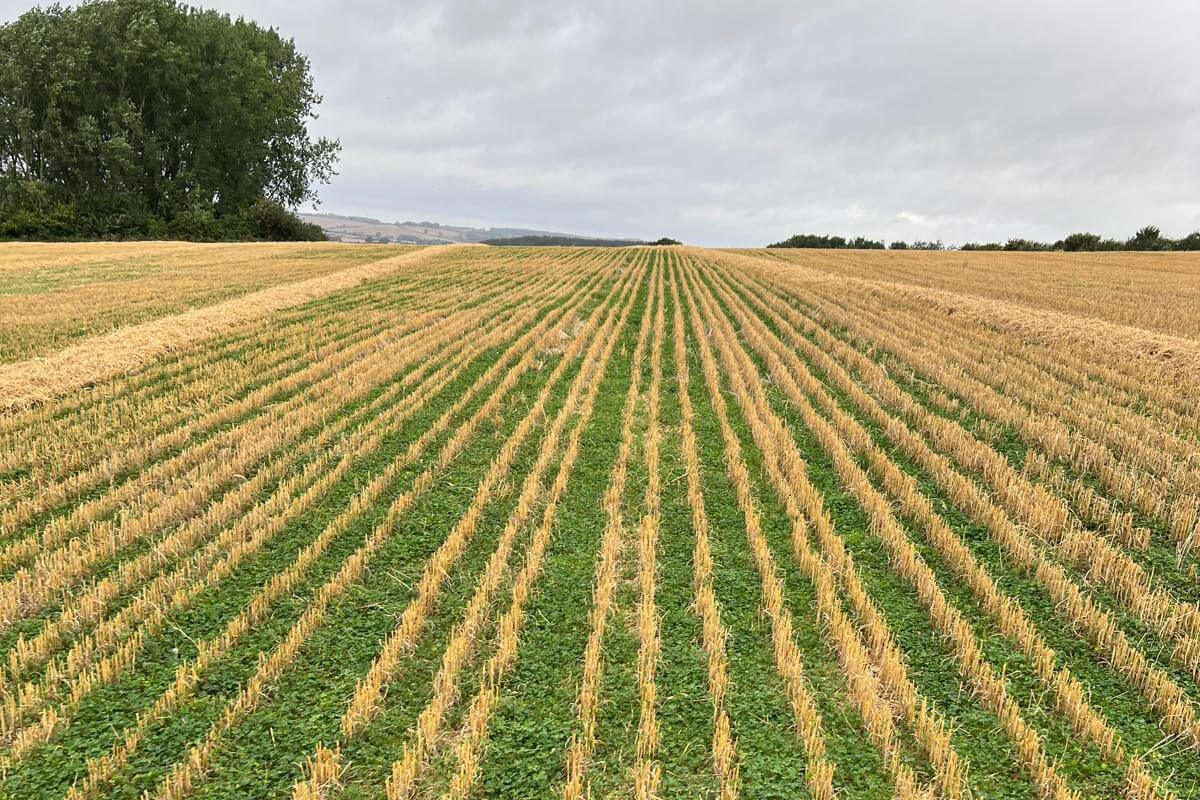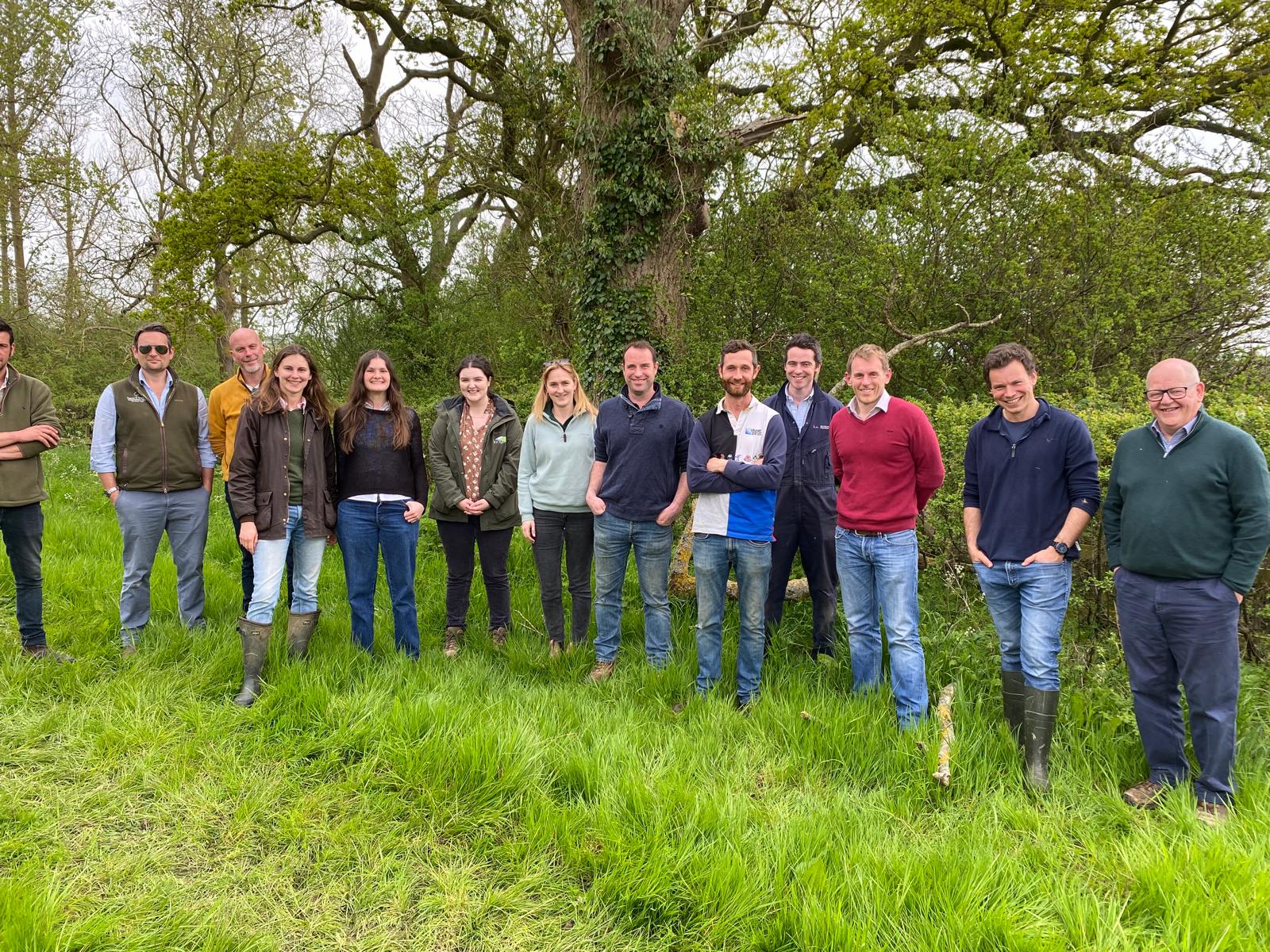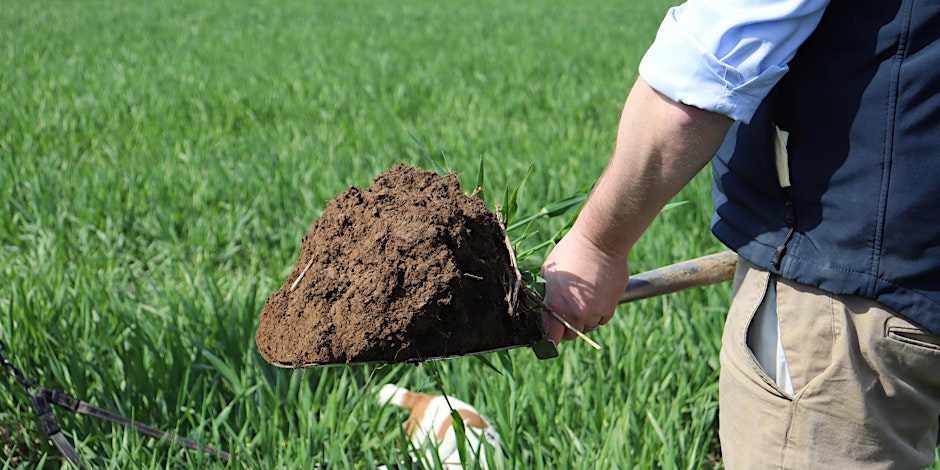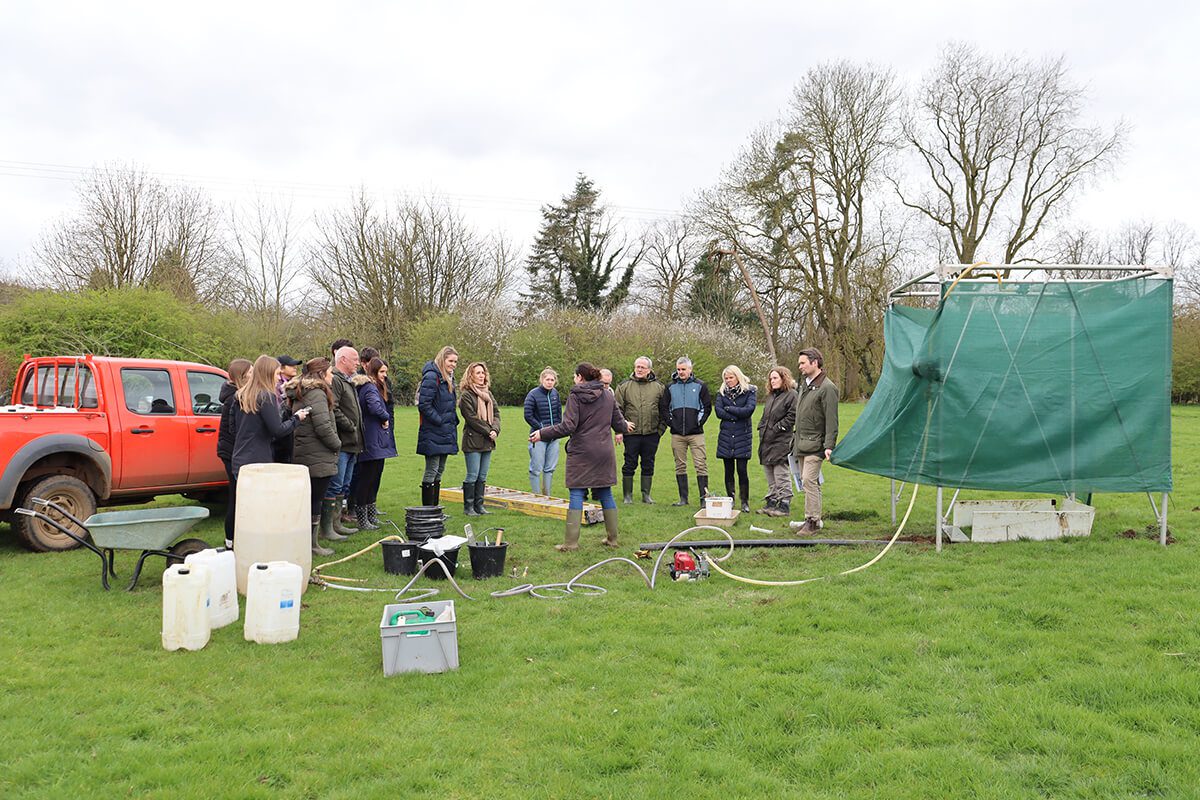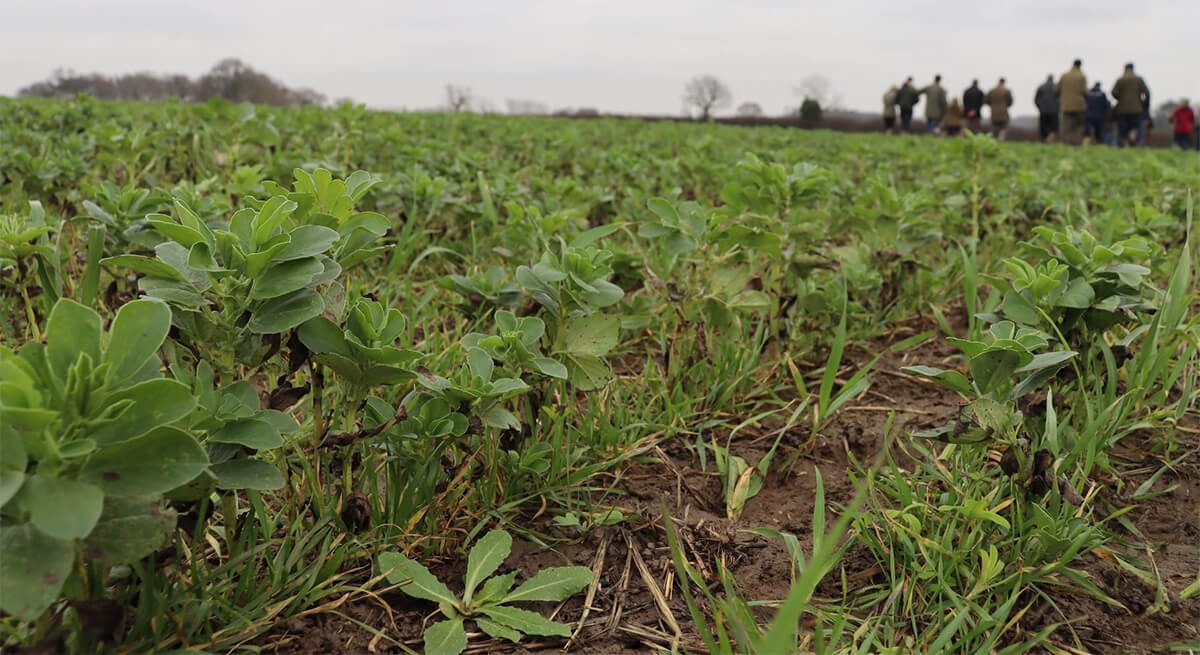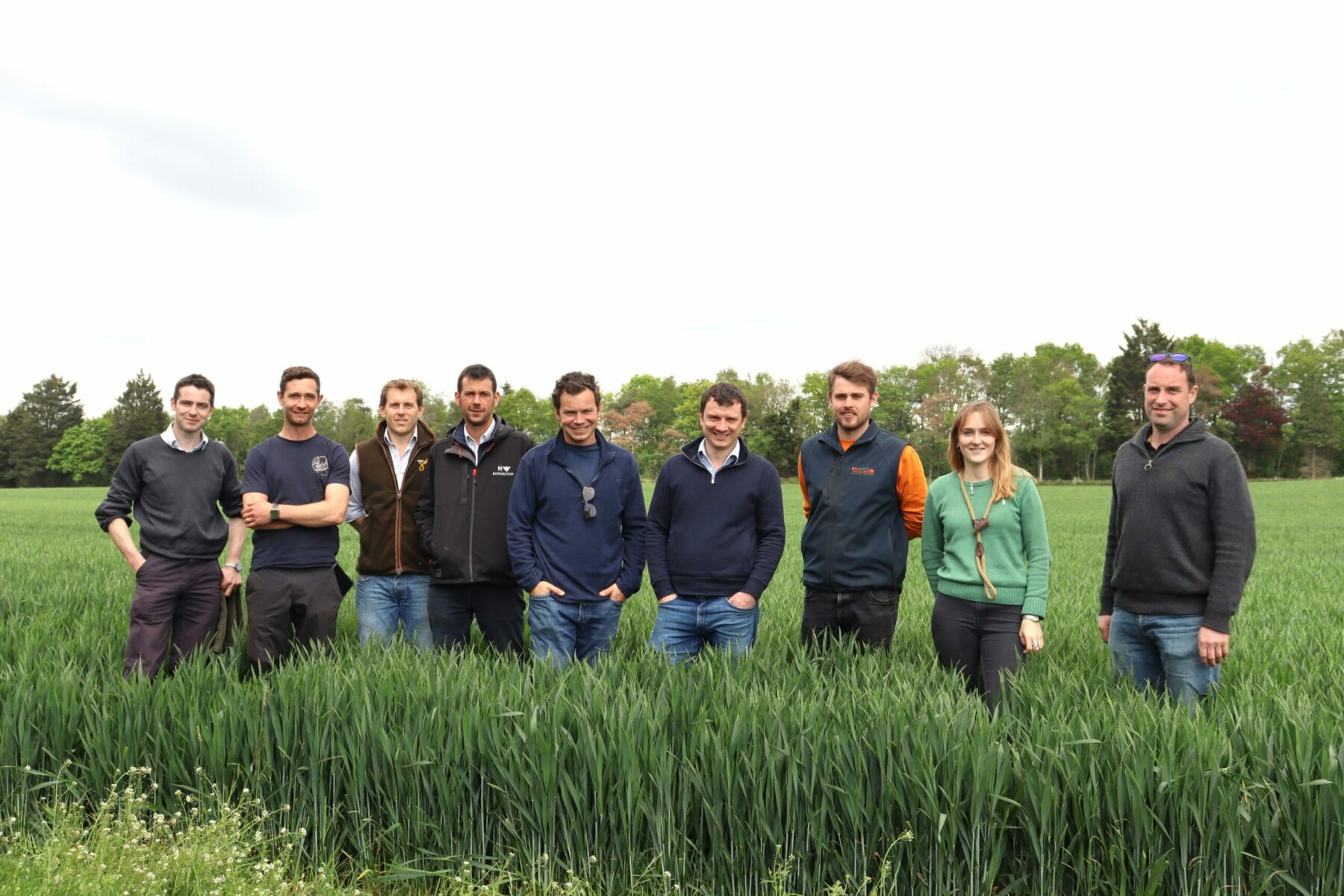In season 3 of Clarkson’s Farm, cheerful Charlie (aka Charlie Ireland) visits No10 Downing Street to attend the UK Farm to Fork Summit. Last summer, the Prime Minister promised to back British farmers and host this event, with the intention of identifying ways to boost growth, drive innovation and improve sustainability. Whilst seemingly discussing agricultural funding streams, Charlie teases the congregation by suggesting that nowadays a PhD is a prerequisite for farmers attempting to navigate grant applications. Whilst Charlie is well-known at Diddly Squat for being the glass is half empty bearer of bad news, hence ‘cheerful Charlie’, viewers of the show will know he is also very well informed, immensely realistic and pretty much always right. As per his characterisation, there’s a lot of truth in what Charlie says as there is a complicated plethora of new government grants and support payments available for farm businesses in and beyond 2024. To add to the long list of somewhat confusing options, the availability of private finance is also expanding, giving farmers more choice, more opportunity for payment stacking and potentially more tailored funding packages. It goes without saying that the modern farmed landscape is in a state of transition, and farmers are uniquely placed to take advantage of these new schemes to implement innovative solutions to some of agriculture – and society’s – most pressing problems. Of course, change doesn’t’ come from comfort and the proliferation of funding schemes could present new opportunities for many farmers. However, more schemes don’t necessarily mean more money and understanding how to fully make the most of these opportunities will be tricky and time-consuming, with or without a PhD.
As part of their ongoing partnership, Nestlé and The Allerton Project aimed to help unpick and explain the myriad of environmental income streams by hosting the ‘Environmental Payments and Enablers’ event on the 3rd June. During this event, ‘public money for public goods’ under the Environmental Land Management Scheme (ELMs) and Sustainable Farming Incentive (SFI) met with private ‘green finance’, to offer farmers a look into the range of financial opportunities available.
Due to purdah, Janet Hughes, Director of Farming Reforms at DEFRA, was unable to join us. However, to kick off the event, attendees heard from Claire Robinson, Senior Countryside Advisor at the National Farmers Union (NFU). Given that we met only days after the significant release of additional detail on SFI for 2024, Claire had much to say on the now seemingly settled direction of the latest iteration of post-Brexit government support policy, but naturally cautioned that there was much detail which will remain elusive until some time after the election result in July. However, SFI2024 is clearly a very different beast to the initial pilot of 2021, with farmers seemingly voting with their feet in the number of applications and live agreements now in place. Claire did stress that the NFU would continue to press for clarity and simplicity as the scheme rolls out – especially around the ‘combined offer’ later in the year – and encouraged farmers to take a look at what was available.
Up next was Tom Curtis, who is the founding partner and Director or sustainability consultancy 3Keel. Tom provided insight into channelling private finance into environmental measures, by introducing LENs – Landscape Enterprise Networks. LENs is a system for organising the buying and selling of ecosystem-service outcomes such as water quality improvement, carbon reduction in supply chains and resilient supply of ingredients, to restore the natural resources we depend on. LENs recognises that when natural assets degrade, associated ecosystem services fail, creating risk for all the organisations (public and private) and people who depend on them. LENs has been active in the UK since 2018, working with partners such as Anglican Water, Nestlé Purina and West Northants Council.
After Claire and Tom both answered questions from the floor during a Q&A, the practicalities of these funding streams were then reflected upon and discussed by a farmer panel. The farmer panel consisted of 2022 Nuffield Scholar, Toby Simpson; LENs funded Suffolk farmer, Richard Ling and LENs funded Director of Brixworth Farming, Ian Matts. Toby, Richard and Ian brought their own experiences of ‘blended’ income streams across very different businesses to the fore, and offered the practical insight from the farm gate which is all too often missing from discussions on the future of the farmed landscape.
To finish off the day, attendees were then taken on a farm tour led by Joe Stanley, head of Sustainable Farming at The Allerton Project and Hannah Clarke, Technical Advisor and SFI Delivery Lead at Kings, with whom The Allerton Project has worked for many years.
Concluding comments from Joe Stanley:

‘This day provided some fantastic insights from across the supply chain as to how both public and private money will be utilised to provide public goods and novel income streams for farm businesses in the coming years. It’s vital that farmers take the time to understand the changing financial landscape for British agriculture to enable them to identify new opportunities to build financial resilience and natural capital for the future. Our fantastic group of speakers and farmer panellists really helped to draw out practical means by which this can be achieve going forward, and where clarity needs to be given’
Toby Simpson says:

‘I felt the day provided a really good exchange of ideas about not just the new environmental schemes but wider funding opportunities available to farmers. By walking the ground, we were able to look at the challenges many farmers have faced in a tough year like this and some of the options available for dealing with them. It is always great to get off farm and discuss ideas as it’s the best way to learn’.

